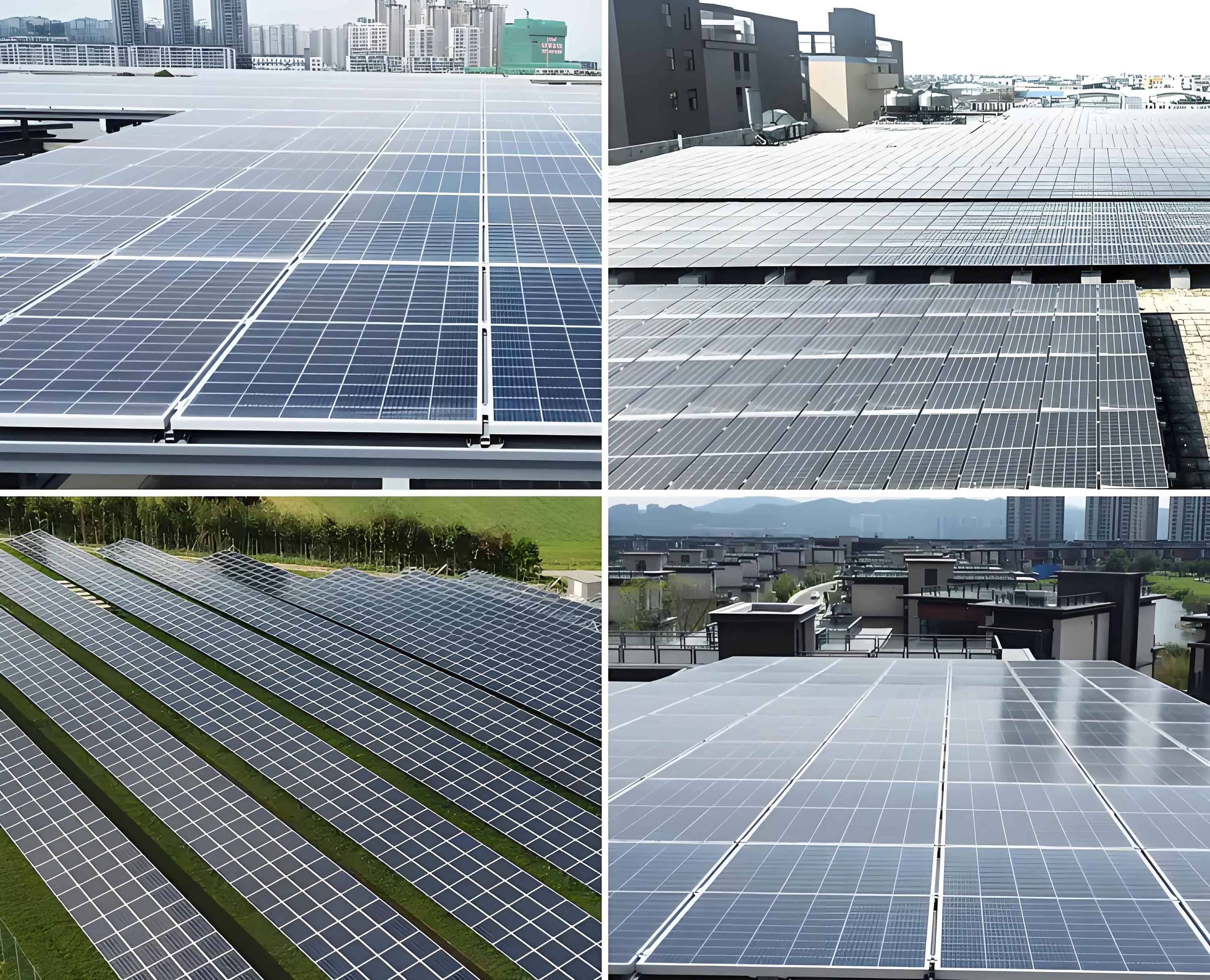Introduction
Solar Panels are known for their ability to harness sunlight and convert it into electricity, providing a renewable and sustainable energy source. However, their performance can be affected by extreme weather conditions such as high temperatures, cold weather, and severe weather events. Understanding how Solar Panels perform under these conditions is crucial for maximizing their efficiency and lifespan. This article explores the impact of extreme weather on Solar Panel efficiency and strategies to optimize their performance.

Impact of Extreme Weather on Solar Panel Efficiency
High Temperatures
High temperatures can reduce the efficiency of Solar Panels by causing them to operate at a higher temperature, which can decrease their efficiency. Additionally, heat can cause the materials in Solar Panels to degrade over time, leading to a decrease in performance.
Cold Weather
Cold weather can also impact Solar Panel efficiency, although the effect is less pronounced than with high temperatures. Cold temperatures can reduce the conductivity of the materials in the panels, leading to a decrease in efficiency. Additionally, snow and ice accumulation can block sunlight from reaching the panels, further reducing their performance.
Severe Weather Events
Severe weather events such as storms, hurricanes, and hail can cause physical damage to Solar Panels, leading to a decrease in efficiency. Additionally, these events can disrupt the electrical connections in the panels, further reducing their performance.
Strategies to Optimize Solar Panel Efficiency Under Extreme Weather Conditions
Temperature Regulation
Implementing temperature regulation measures such as installing Solar Panels with built-in cooling systems or providing adequate ventilation can help mitigate the impact of high temperatures on Solar Panel efficiency.
Snow and Ice Removal
Regularly removing snow and ice from Solar Panels can help ensure that they receive maximum sunlight exposure and maintain optimal performance during the winter months.
Weatherproofing
Weatherproofing Solar Panels and their electrical connections can help protect them from damage caused by severe weather events, ensuring that they continue to operate efficiently.
Monitoring and Maintenance
Regularly monitoring the performance of Solar Panels and conducting routine maintenance can help identify any issues early on and prevent them from affecting efficiency.
Table: Impact of Extreme Weather on Solar Panel Efficiency
| Weather Condition | Impact on Efficiency | Strategies for Optimization |
|---|---|---|
| High Temperatures | Decreased efficiency, material degradation | Temperature regulation, adequate ventilation |
| Cold Weather | Decreased conductivity, snow and ice accumulation | Snow and ice removal, weatherproofing |
| Severe Weather Events | Physical damage, disrupted electrical connections | Weatherproofing, monitoring and maintenance |
Conclusion
Extreme weather conditions can impact the efficiency of Solar Panels, but with proper planning and maintenance, their performance can be optimized. By implementing strategies such as temperature regulation, snow and ice removal, weatherproofing, and regular monitoring and maintenance, Solar Panel owners can ensure that their panels continue to operate efficiently under all weather conditions. Investing in these measures can help maximize the benefits of Solar Panels and contribute to a more sustainable energy future.
